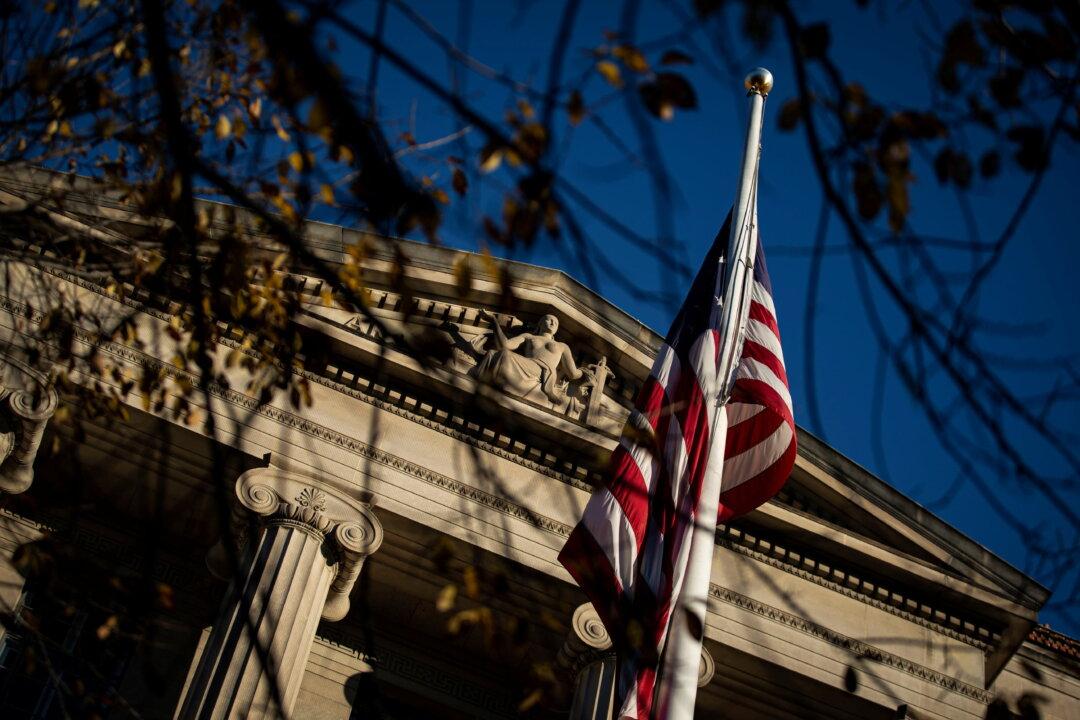Zhengdong Cheng, a Texas A&M professor and NASA researcher, pleaded guilty to charges related to lying about his connections to China. Cheng was arrested and charged with conspiracy, making false statements, and wire fraud in 2020.
According to an FBI’s Twitter post on Sept. 23, Cheng pleaded guilty to lying to Texas A&M University (TAMU) about his affiliations with Chinese entities to violate his agreements with NASA.




